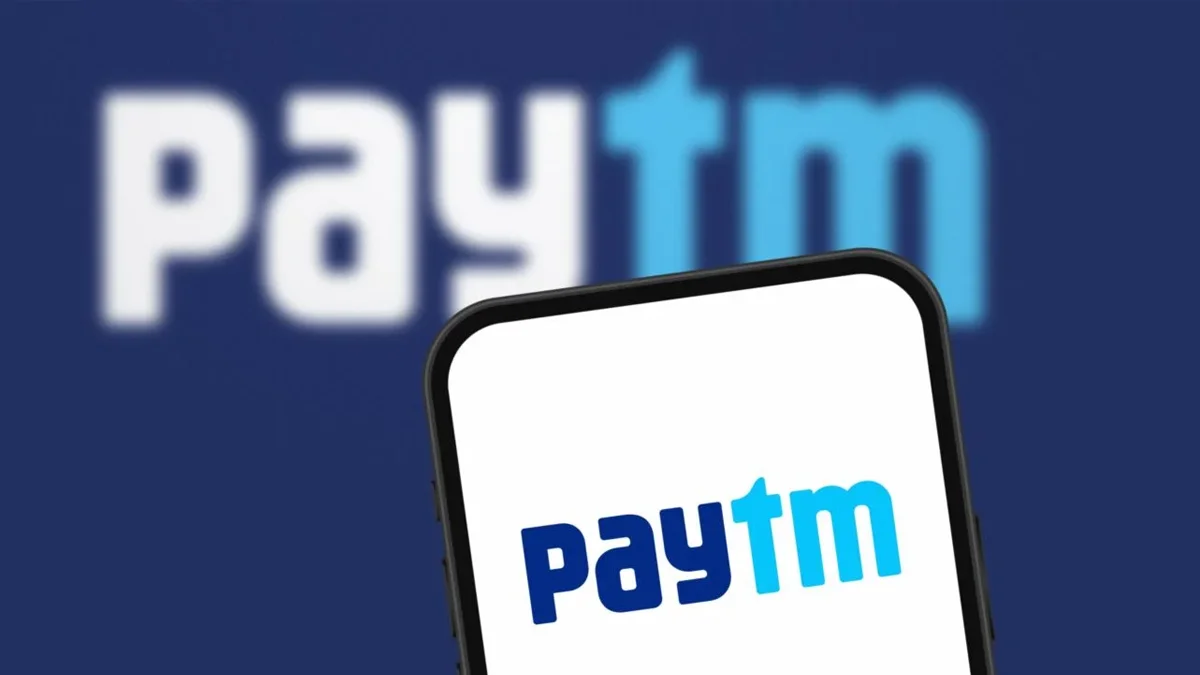Necessary Always Active
Necessary cookies are required to enable the basic features of this site, such as providing secure log-in or adjusting your consent preferences. These cookies do not store any personally identifiable data.
|
||||||
|
||||||
|
||||||
|

Paytm Payment Processing has come into the spotlight as the digital payments platform has shifted from third party platforms like Juspay. According to CNBC TV18, Paytm’s move follows similar shifts made by other fintech companies like Razorpay, Cashfree and PhonePe.
The notification sent to merchants said that the company will only facilitate payments made directly via Paytm Payment Services Limited (PPSL). The notification also advised the merchants to make the shift before the deadline to avoid any service disruptions. Paytm made the switch from Juspay to streamline its payments and reduce any third party dependencies.
The email read, “Thank you for choosing PPSL as your preferred payments partner. It is our constant endeavour to provide our merchants with leading payment solutions. To uphold this commitment and provide a more streamlined experience, we have further enhanced our payment gateway experiences. As part of this advancement, effective April 1, 2025, PPSL will be facilitating transactions which are routed directly to PPSL and will no longer facilitate transactions routed via Juspay.”
With Paytm Razorpay integration now strengthened, the Indian startup has added one more layer of security in its payment processing ability. Razorpay will now process a large percentage of the company’s payments directly. Paytm has also strengthened its relationship with new payment partners such as Cashfree and PhonePe. This will help the startup in widening its processing channels and enhancing transaction security.
This move is part of Paytm’s larger strategy to streamline its transaction flow, improve the user experience, and align more closely with regulatory models. Direct processing partnerships provide greater control over the data flow, minimize reconciliation delays, and enhance operational efficiency for merchants who use Paytm.
The Paytm payment gateway update also comes at a time when fintech companies are giving security and transparency of transactions a high priority. By integrating directly with major payment processors, Paytm wants to secure its ecosystem and reduce its dependencies on platforms such as Juspay. This allows merchants and consumers to benefit from faster settlements and less failure of transactions.
The shift in Paytm Payment Processing tells about the new priorities of the digital payment contenders as they position themselves for India’s next growth wave in fintech. Driven by volume growth and increasing regulatory attention around data localization, players are rewriting their tech landscape to focus on control, scale, and regulation.
Such a trend would drive the industry further in the direction of developing in-house capabilities or establishing stronger relationships with direct payment processors. It also indicates how fintech players are gearing up to provide value-added services, increase dependability, and facilitate quicker innovations in the high-pressure payment space.
For end-users and merchants, this change may open up improved transaction experiences, quicker checkouts, and higher security — and this could mark a more mature stage for India’s digital payments landscape.
Paytm’s recent move not only signifies a Payment Processing Shift but also sets the tone for how fintech companies may approach payment processing in the future. As they prioritize efficiency, control, and reliability, the trend towards direct partnerships will likely grow, reshaping the digital payments ecosystem in India.